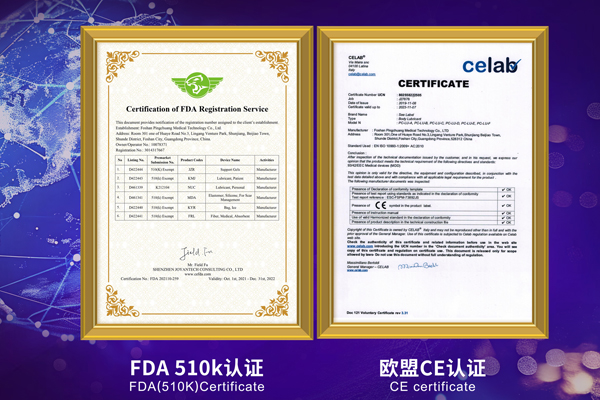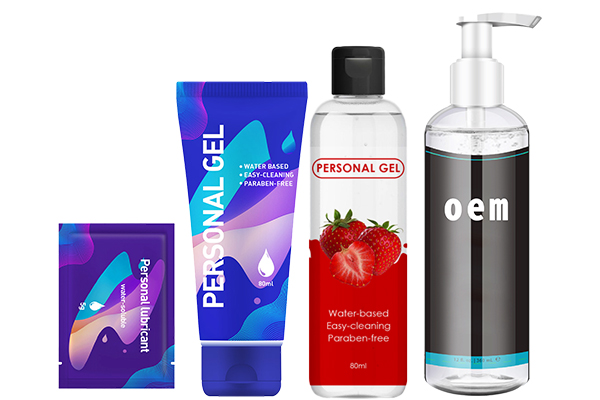In the globalized economic system, international certification has become an important threshold for products entering international markets, especially for personal lubricants closely related to consumer health. Lubricants without international certification face challenges in entering the global market. However, this does not mean that without certification, it is completely impossible to participate in international competition.
1. Understand International Market Requirements
Firstly, manufacturers need to deeply understand the regulatory requirements and certification standards of the target market. Different countries and regions have varying policies and standards for the regulation of personal lubricants. Understanding these requirements is the basis for formulating market entry strategies.
2. Seek Cooperation Partners
For manufacturers without international certification, considering cooperation with certified manufacturers could be a strategy. For example, Pingchuang Medical, as a manufacturer holding authoritative international certifications such as FDA510K, CE, ISO13485, etc., can provide product authorization and technical support to partner companies, helping their products smoothly enter the international market.

3. Utilize Cross-border E-commerce Platforms
Cross-border e-commerce platforms offer another way for products without international certification to enter the global market. Through these platforms, products can directly reach global consumers, but at the same time, they need to comply with the platform's rules and the import policies of the target market.
4. Strengthen Product Quality Management
Even without international certification, manufacturers can ensure that products meet high standards of quality and safety by strengthening product quality management. This includes using high-standard raw materials, strict production process control, and comprehensive product quality testing.
5. Establish Brand Reputation
In the absence of international certification, establishing brand reputation is particularly important. By providing high-quality products and services, actively collecting consumer feedback, and continuously improving, manufacturers can gradually build consumer trust in the brand.
6. Market Segmentation Strategy
There may be market opportunities in specific market segments where certification requirements are lower or different. Manufacturers can study these niche markets and develop corresponding market entry strategies.
7. Actively Participate in International Exhibitions
By participating in international exhibitions, manufacturers can showcase their products, establish contacts with potential partners and customers, and understand the latest trends and demands of the international market.

8. Provide Transparent Product Information
Providing transparent product information to consumers, including ingredients and safety test results, can increase consumer trust in the product, even without international certification.
9. Explore Emerging Markets
Emerging markets may have lower requirements for international certification or be more open to new brands. Manufacturers can explore these markets as a starting point for entering the global market.
Although the lack of international certification presents certain obstacles for lubricants entering the global market, through the above strategies and efforts, manufacturers still have the opportunity to find their place in the global market. At the same time, obtaining international certification should be seen as an important long-term goal to achieve sustainable development and enhance market competitiveness.
